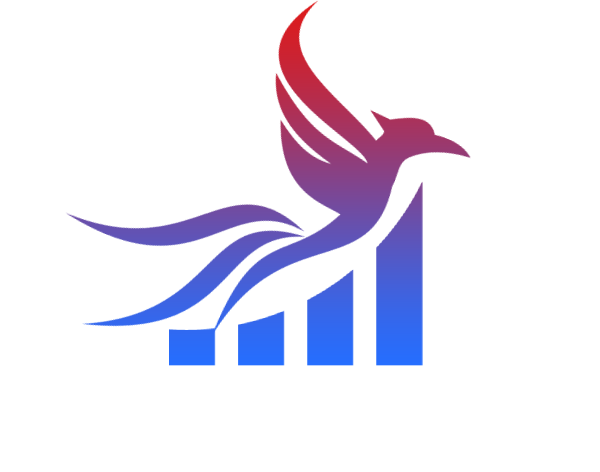FHA Loans vs. Conventional Loans: Which Is Right For You?
- Content Writer
- August 18, 2023
- FHA Loans, Mortgage and Financing Options
- 0 Comments
When it comes to buying a home, securing the best financing is a significant part of the journey. The most common options homebuyers consider are FHA (Federal Housing Administration) loans and conventional loans. But how do they differ, and which one is best suited for you? In this article, we’ll delve into the specifics of each type, outline their pros and cons, and help you make an informed decision.
A Clear Distinction Between FHA and Conventional Loans:
FHA Loans: These are government-backed loans insured by the Federal Housing Administration. The FHA does not lend money; instead, it insures loans made by private lenders, thus reducing the lender’s risk and making it easier for borrowers to obtain financing.
Conventional Loans: These are private loans that aren’t insured by the federal government. They can be either conforming (meets specific guidelines set by Fannie Mae and Freddie Mac) or non-conforming (doesn’t adhere to those standards).
Pros and Cons:
FHA Loans:
Pros:
- Lower Down Payments: Often requires as little as 3.5% down.
- Easier Qualification: More lenient credit score requirements, typically accepting scores as low as 500-580.
- Fixed Interest Rates: Generally offer stable, fixed interest rates.
Cons:
- Mortgage Insurance: Borrowers must pay an upfront mortgage insurance premium and annual premiums. This can add to the overall cost of the loan.
- Loan Limits: There are limits to how much you can borrow, which vary by region.
- Property Standards: The property must meet certain standards, which can limit purchasing options.
Conventional Loans:
Pros:
- No Upfront Mortgage Insurance: Unlike FHA loans, there’s no upfront premium.
- Flexible Terms: Offers a wider variety of loan terms.
- Higher Loan Limits: Typically allows for larger loan amounts than FHA loans.
Cons:
- Stricter Qualification: Higher credit scores often required.
- Higher Down Payments: Can require up to 20% down.
- Variable Interest Rates: Can come with adjustable rates that might increase over time.
Real-life Scenarios:
Scenario 1: For first-time homebuyers with lower credit scores and limited savings, an FHA loan might be appealing due to its low down payment and lenient credit requirements.
Scenario 2: For individuals with a strong credit history and a higher down payment saved up, a conventional loan might be more suitable because it can offer better interest rates and no upfront mortgage insurance.
Personal Stories:
Sarah, a first-time homeowner, shared her experience: “As a recent graduate with student loans and not much saved up, the 3.5% down payment for an FHA loan was a lifesaver. It allowed me to buy a starter home and build equity.”
John, who recently upgraded to a larger home, stated: “I had built substantial equity in my first home and had a great credit score. Going the conventional route was a no-brainer. I secured a great interest rate and avoided unnecessary insurance costs.”
Summary:
Choosing between an FHA loan and a conventional loan ultimately depends on your financial circumstances. If you have a lower credit score, limited savings, or are a first-time homebuyer, an FHA loan might be your best bet. On the other hand, if you have a strong credit history, can afford a higher down payment, and are looking for a larger loan, a conventional loan might be the way to go.
Consider speaking with a financial advisor or mortgage specialist to weigh your options. Making an informed decision can save you money and lead to a more pleasant home-buying experience.


